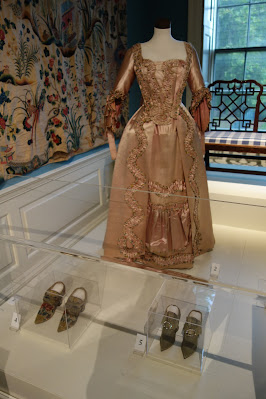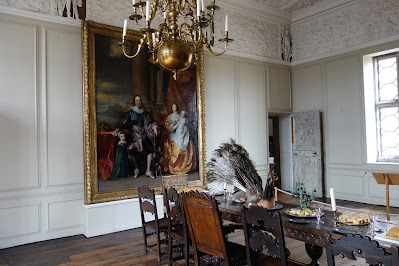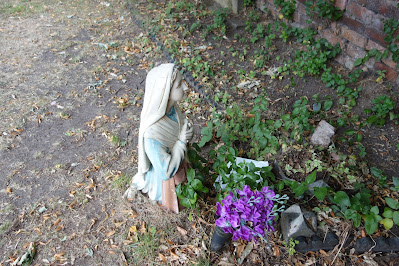Today I went looking for something that no longer exists, in the city of 1,000 trades, and found all that remains. I was interested in the proximity of places that have gone, to places that have remained.
28 Loveday Street is no longer. The maternity hospital in the Gun Quarter, where guns were once openly manufactured, sold and traded, has vanished. In its place is a non-descript modern building on the corner with a large banner advertising "MF Handbags." This was once a sacred portal into this world by countless crying babies. Within a few blocks of this site are a few Victorian public houses that my parents would have likely passed at one time or another. These include The Bull, the Queen's Arms, and the Gunmaker's Arms. Also close-by is St. Chad's, a Roman Catholic church familiar to my parents as I believe they used to attend dances there.
In the Ward of Nechells, I tired to find 115 Aston Hall Road. There's barely a neighbourhood there now. It's mostly warehouses and industrial plants. There are scant visible addresses. "Is it safe to walk here?" I asked a few people who seemed surprised at my query. "Aston is very safe," I was told. Indeed, I felt more safe walking around Aston, than I did in most neighbourhoods in San Francisco. There is a growing population of Chinese people in Aston. 115 Aston Hall Road is gone, but nearby Aston Tavern remains open for business. Also nearby is the beautiful Aston Parish Anglican Church. My parents must have regularly heard its church bells ringing. Finally, my parents lived close to peaceful Aston Park, with its grand old mansion-house, Aston Hall.
Built in the reign of James I, son of Mary Queen of Scots, Aston Hall is huge. King Charles I, son of James I, once slept at Aston Hall, before he had his head cut off for treason. With a plenitude of rooms and old staircases, and all the floor boards creaking, no one was appreciating the house more than the children I saw inside.
Still in Nechells, I visited St. Joseph's Church on Thimble Mill Lane. The church was closed, but I could see inside through the entry door's glass. Behind the church in a small building adjoined to the church, I heard voices and entered a room where a group of men were meeting. It appeared to be some kind of support group. One of the men stepped outside and spoke with me. He told me that his name was Michael, that he was Irish, that St. Joseph's was his church and that the priest was away. I would have liked to see the baptismal fount, but I was just pleased to see the church. And what a beautiful church. St. Joseph's opened in 1850 as a mortuary chapel for the newly opened Roman Catholic cemetery, the only one in Birmingham at that time. Within a few decades the gothic building was enlarged and St. Joseph's School opened beside the church. After WW1, much of Aston was slums, with many homes destroyed or uninhabitable because of the war. The area was slated for redevelopment, but redevelopment did not start until years after WW2. The quaint church today is surrounded by trees and gravestones, and it is very quiet. I felt as if I were in the countryside.
I then visited St. Joseph's School, now on Rocky Lane, not far from the church. The friendly woman in the office, told me that old St, Joseph's School, which was close to St. Joseph church, was demolished in the 1990s.
I took the 67 Bus via Litchfield Road, back to the city centre. I remember my parents once speaking to me of Litchfield Road but I forget what they said.
 |
| An old Pub on Lichfield Road |
 |
The Swan and the Mitre
|
 |
| An Interesting Building on Litchfield Road |
 |
The Aston Tavern at 10 Aston Hall Road
Aston Parish Anglican Church is behind the Tavern |
 |
Aston Hall Road
My parents' old neighbourhood is now an industrial park. |
 |
I surmise that where these industrial and warehouse units
are now located (close to Aston Tavern but on the opposite side
of the road) is where 115 Aston Hall Road was located. |
 |
Another View of Aston Tavern
My Parents Would Have Often Walked by this Tavern
It is a 5 minute walk from where 115 Aston Hall Road was Located |
 |
| Aston Parish Anglican Church |
 |
| Road to Aston Hall |
 |
| Portrait of Sir Thomas Holte, Original Owner |
 |
| Where the Servants Slept |
 |
The bed of King Charles I during his Visit to Aston Hall in 1642;
He was on his way to London with an army of over 13,000 men. |
 |
Canon Ball Damage to the Great Staircase.
Sir Thomas had sided with the King, and Aston Hall was sieged. |
 |
| Garden at Aston Hall |
 |
Path to St. Joseph's Church, Nechells
The Church is a 20 minutes walk from 115 Aston Hall Road |
 |
| Michael |
 |
| A poor church |
 |
| St. Joseph's Church |
 |
Directly across from St. Joseph's is the
manufacturer of Moore's Soda Pop |
 |
| Rocky Lane |
 |
| Play Area St. Joseph's School |
 |
| St. Chad's Church |
 |
| St. Chad's |
 |
| Inside St. Chad's |
 |
| The Queen's Arms on Newhall Street, close to St. Chad's |
 |
| The Gunmakers Arms on Bath Street, close to St. Chad's |
 |
28 Loveday Street, site of the old maternity hospital
close to St. Chad's |
 |
| The Bull Public House on Price Street, close to St. Chad's |

































































John, I never realized how much there is to see on Aston Hall Road and not what I had expected. I am very impressed with your photos of the beautiful scenery that is there and the lovely churches.
ReplyDelete